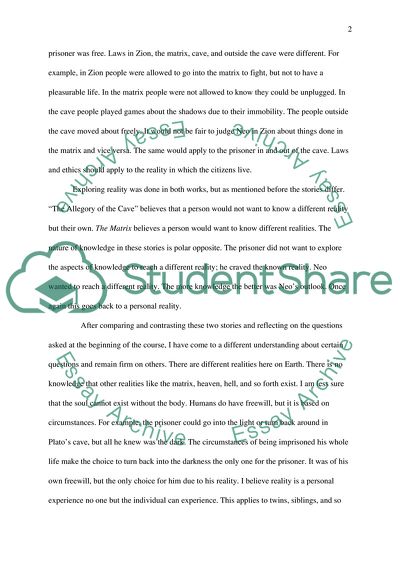Philosophy Reflection Essay Example | Topics and Well Written Essays - 500 words. Retrieved from https://studentshare.org/philosophy/1597390-philosophy-reflection
Philosophy Reflection Essay Example | Topics and Well Written Essays - 500 Words. https://studentshare.org/philosophy/1597390-philosophy-reflection.


